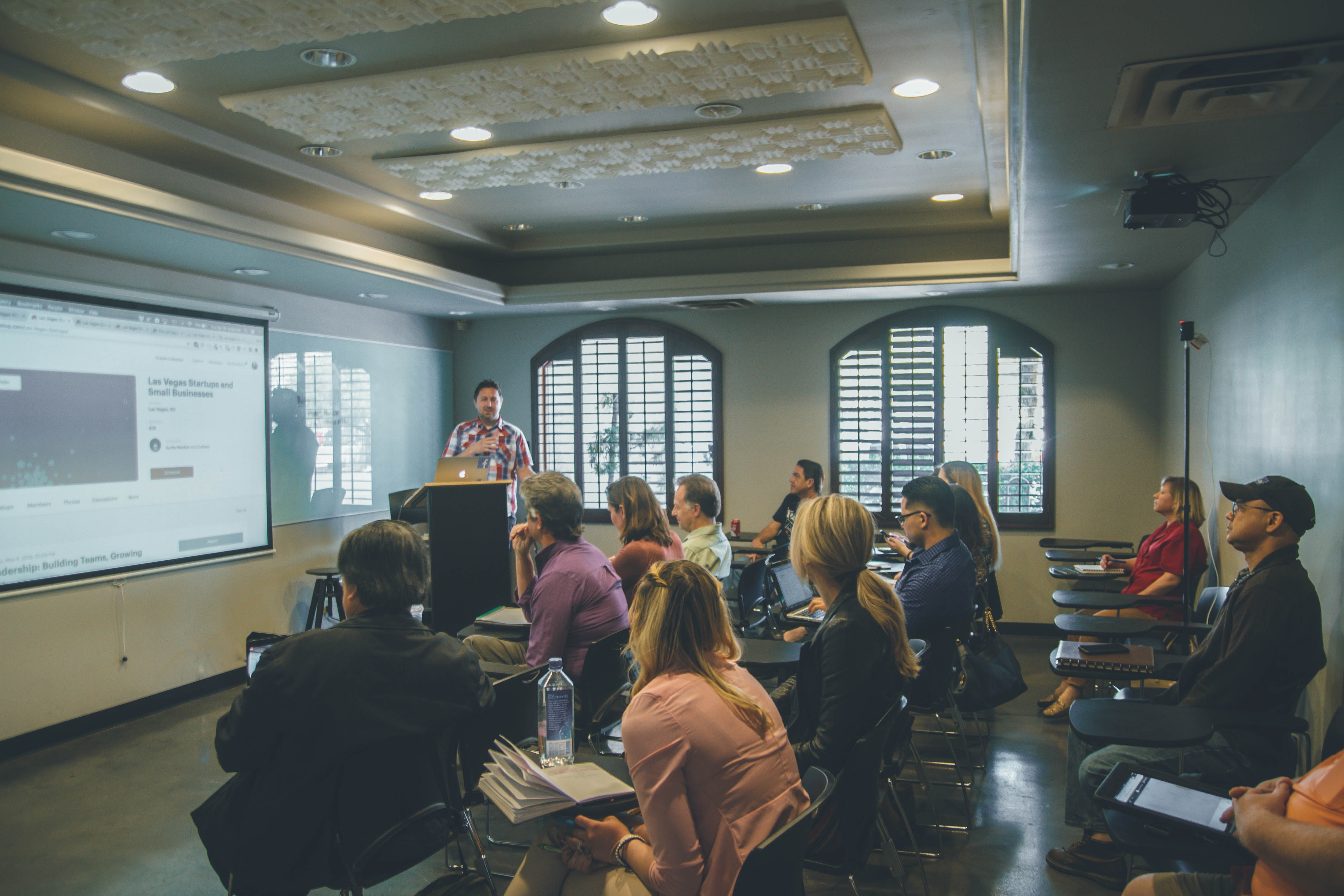.svg)



While businesses and governments around the world seek to build back better after the covid-19 pandemic, we risk falling into the trap of short-termism if we overlook two important drivers of long-term change: workers and their skills. What is a green recovery plan worth if workers lack the skills to realise it? How can we achieve long-term prosperity if we don't prioritise the skills needed now and in the future? Now positioned as a means to build back better and mitigate unemployment, the circular economy—for example—requires different and new combinations of skills than those prioritised in the current linear model. To realise the circular transition, businesses and governments need to apply long-term thinking and make future skills an integral part of their recovery.
Amid social distancing and lockdowns, retailers have responded to the hurdles presented by altered consumer behaviours and state-imposed regulations. To maintain sales in the 1.5-metre society, retailers have swiftly digitised their shops, with more transactions happening through digital, touchless or self-service devices.
In the rapid automation of the retail industry, gaps have emerged between the skills workers have now and the skills needed to ensure business success in this altered society. In particular, the need for interpersonal and technological skills over basic cognitive skills for processes that are now becoming automatised.

With their eye on stabilising revenues, many retailers have begun to invest in analytics to better understand these changing skills requirements. But here lies a problem: These efforts tend to focus on the skills needed to stimulate growth under the same linear model that contributed to the large-scale environmental and social disruption we see today. If, instead, retailers—and other industries—are to build back better, they need to shift their focus from skills required for short-term revenue to those needed for a more sustainable future in the long term.
Key questions to drive this shift in thinking include what type of management and team leadership skills are needed to motivate workers in a service economy and how to ensure everyone across the business understands the inherent value of materials. In many cases, this may require more of a shift in mindsets. Indeed, our research in Norway found that many of the skills already present in customer-facing roles in the country's prominent retail sector could be readily applied to service models.
The pandemic has exposed cracks in our labour market and the need to do business differently. New ways of doing business require new skills—in retail and beyond. As we build back better and pursue ambitious circular economy plans, digital and transferable skills will be needed across industries and business models.
First, the need for digital skills comes hand in hand with advances in technology and increasing automation. Our latest research with Zero Waste Scotland found that Scotland requires a digitally-enabled workforce to achieve its circular ambitions. Particularly in the construction sector, digital skills and solutions will help to improve communication, collaboration and material efficiency.

Second, businesses and countries are advised to invest in transferable skills that can be applied and remain relevant as sectors and business models evolve. They include, for example, customer service, solutions and critical thinking, problem-solving and risk assessment skills. Transferable skill sets are a prerequisite for every country or business transitioning towards circularity, given the interdisciplinary nature of the circular economy. Transferable skills also contribute to resilience by enabling workers to be deployed across different tasks and value chains, ensuring a surplus in labour and skills supply. If the development of transferable skills is not supported, we risk the labour market being too slow to react, limiting the transition being achieved at scale.
Third, we need the foresight to look ahead 10, 20, 30+ years and put in place skills pipelines to meet the sector-specific demands we see coming down the line. This will maximise the opportunity for a smoother transition and deployment of workers and their skills.
Consider the energy sector: At least 60% of oil and gas platforms in the North Sea will be decommissioned by 2030. As a result, close to a million tonnes of materials from infrastructure will be made available. This opens up a huge opportunity to grasp the varied skills-based redeployment options that come with decommissioning, reuse and alternative energy sources. CessCon Decom routinely recruits workers from the oil and gas sector to help reach their reuse and recycling ambitions. Through foresight and planning, the expertise that already exists in many industries could also be redirected towards circular activities.

What's more, workers often have in-depth knowledge of processes, materials and their own skills and, therefore, may be best at defining the opportunities and solutions. Businesses and governments should involve and listen to workers when developing industry-specific and regional reskilling, upskilling and matching programmes geared towards circularity.
Many recovery and long-term sustainability plans currently do not consider skills requirements sufficiently. The Circular Economy Action Plan (CEAP) issued by the European Union earlier this year, for example, lacks focus on skills transferability. While addressing key elements that can increase the resilience of the labour market, such as modular learning, it does not do so in the context of the circular or green transition. ‘This means that these elements, in turn, are unlikely to be a priority in CEAP initiatives going forward—a missed opportunity’, noted a Circle Economy policy commentary. The instruments and network around the new EU Skills Agenda should be used to place a stronger focus on developing transferable skills that can be applied across industries to promote both resilient and circular economies.

